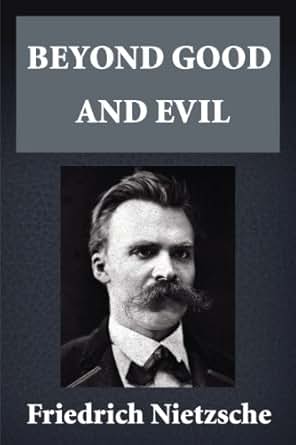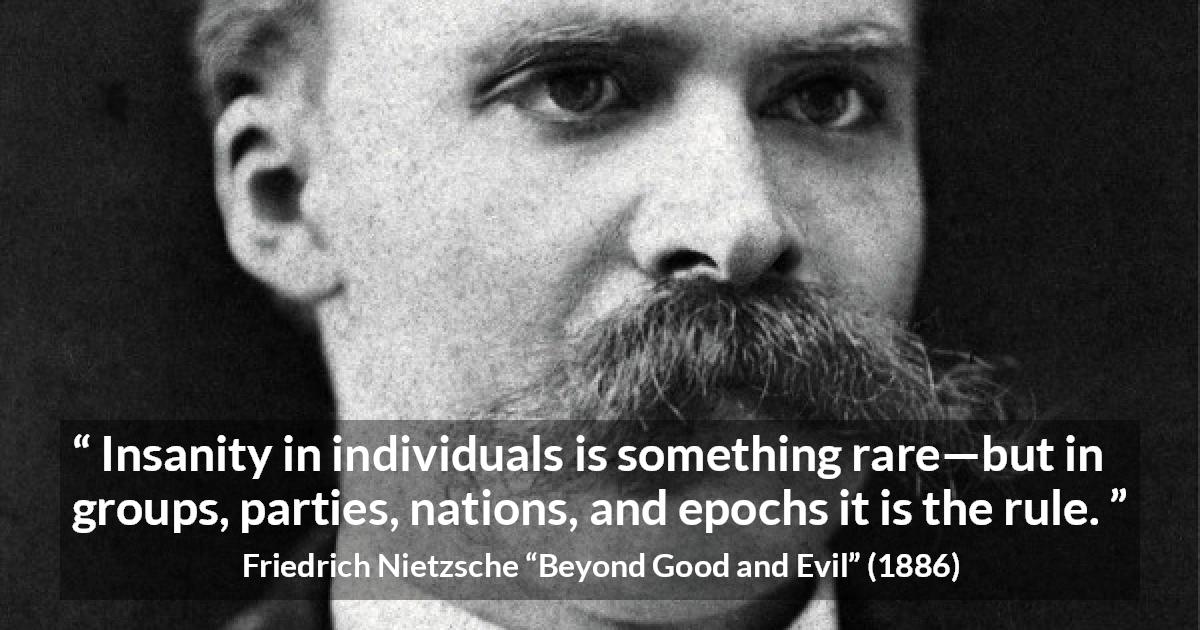

Nietzsche believes that the promotion of human greatness demands a new moral system that favors unique, particular perspectives instead of universalized dogmas. Claiming to be universal in application and demanding dogmatic fealty, traditional morality, he charges, has enervated noble men and has encouraged mediocrity.

Certainly, he has nothing but contempt for traditional notions of morality, but his critique is based upon the conviction that traditional morality has failed to promote greatness and has instead elevated weakness. Far from being a moral nihilist, Nietzsche in fact labors to construct a life-serving moral system in Beyond Good and Evil. This facile accusation, however, misconstrues the philosopher’s purpose and agenda. With his proclamation that “God is dead,” and his assertion that there is “no such thing as moral phenomena, but only a moral interpretation of phenomena,” the evidence initially appears substantial that Nietzsche was an adherent of the crassest form of relativism and a radical opponent of any notion of morality. Critics point to the title of his famous work, Beyond Good and Evil, which appears to call for the repudiation of morality, as well as contain his vociferous condemnations of eternal moral standards. Friedrich Nietzsche has long been smeared as a ghastly nihilist who repudiated all conceptions of morality.


 0 kommentar(er)
0 kommentar(er)
